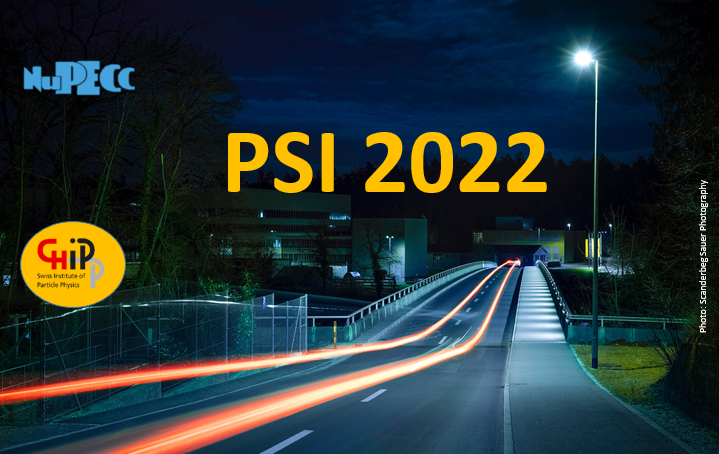Speaker
Description
A high-fidelity simulation is crucial in the study of systematic errors arising from beam dynamics and detector acceptance in the Muon g-2 experiment at Fermilab. Gm2ringsim, our current Geant4-based simulation package is computationally expensive and has limited the amount of dataset that can be produced for various systematic studies. We propose a “divide and conquer” approach, where the typical Geant4 simulation is divided into beam and spin dynamics, muon decay, and positron detection. The last part which involves positron tracking in the storage ring and electromagnetic shower development in the calorimeter was modeled using time-efficient machine learning algorithms. We trained Adaptive Boosted Decision Tree (BDT) models to classify positron events according to their initial position and momentum. Our models have a higher Area Under the Receiver Operation Characteristic curve (AUROC) compared to the heuristic cut approach. Our benchmark also showed that the BDT-based simulation is two orders of magnitude faster in computational time. This demonstrates the potential of machine learning models for fast simulations in precision frontier experiments.
We acknowledge support from the Fermi Research Alliance, LLC under Contract No. DE-AC02-07CH11359 with the U.S. DOE-OHEP. The authors are supported by the National Natural Science Foundation of China under Grant No. 12075151.

